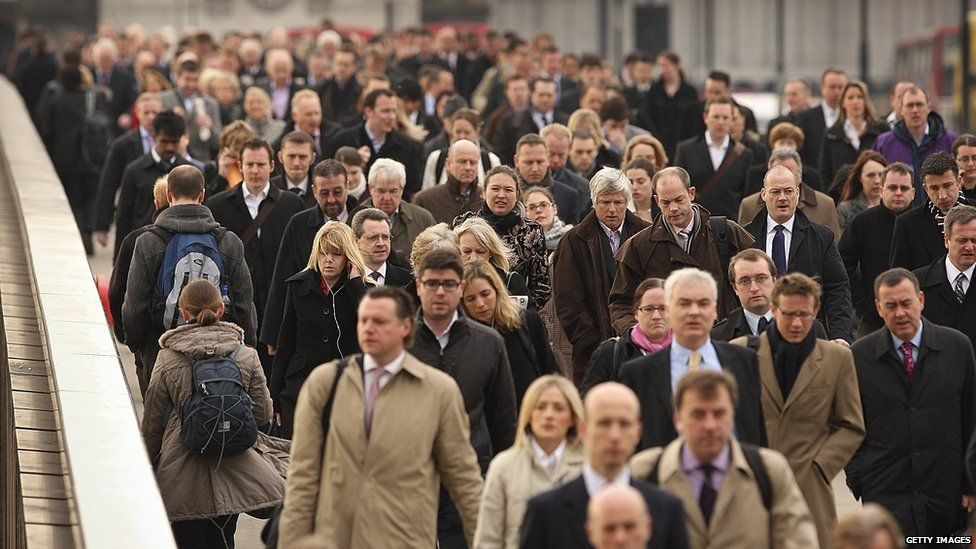UK state pension amongst least generous, says OECD
- Published

The UK's state pension is one of the least generous in the world, according to a report from an international think tank.
The Organisation for Economic Co-operation and Development (OECD) said that only two OECD countries pay poorer pensions.
Those countries are Mexico and Chile.
Meanwhile countries like Turkey, Russia and Greece pay significantly bigger retirement incomes, according to the report, Pensions at a Glance 2015.
The study compared pension income to the salaries that people earned while they were working.
For those earning an average salary in the UK, it found that the so-called replacement rate was 38.3.
In other words, typical pensioners earn just over a third of what they do when working.
'Embarrassing'
Out of 34 OECD members, 31 countries have more generous public pensions than the UK, the figures suggest.
"This analysis makes embarrassing reading for the politicians who have been responsible for the UK's pensions over the past 25 years," said Tom McPhail, the head of retirement policy at Hargreaves Lansdown.
"The state pension was in steady decline for years and even now, is improving for lower earners but average payouts will not be rising."
The basic state pension is currently worth £115.95, but will rise to £119.30 in April 2016, as a result of the triple-lock.
That means that pensions rise by whatever is highest - earnings, inflation or 2.5%.
From April, those on the new flat-rate pension will be able to get up to £155.65, but they will need to have 35 years of National Insurance Contributions(NICs) to claim the full amount.
Better off
However, when private and workplace pensions are taken into account, the UK scores much better.
Based on average salaries, the UK comes 15th out of 34 OECD countries for generosity.
The UK's replacement rate for all types of pension is 71.1 - in other words retirees earn 71% of their previous incomes, after tax.
In this respect, pensioners in the UK are better off than their peers in France (67.7) and Germany (64.7).